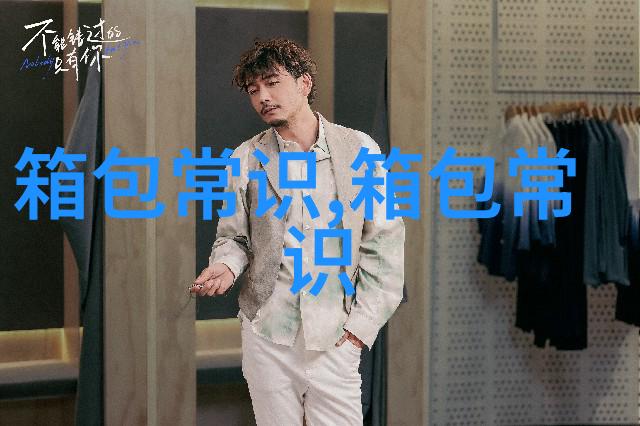Lost in Translation? Decoding the Unique Language of Retro American Cinema in Chinese Contexts

Introduction to Retro American Cinema
Retro American cinema, often characterized by its nostalgic appeal and unique cultural context, has captured the hearts of audiences around the world. With its distinctive language and style, these films have become a staple of popular culture. This article will delve into the world of retro American cinema, exploring how its language and style have evolved over time and their impact on Chinese audiences.

The Rise of Retro English
In recent years, there has been a resurgence in interest for retro English - a term used to describe the language spoken during America's golden age of cinema (1930s-1960s). From classic Hollywood films like "Casablanca" (1942) to iconic television shows such as "I Love Lucy" (1951), this era saw the birth of many beloved characters who spoke with a distinct accent that was both charming and endearing.

What is so captivating about this period's dialogue? For one thing, it was an era when storytelling was at its finest. Writers crafted intricate plots filled with memorable characters who spoke with wit, humor, and charm. Their conversations were peppered with colloquialisms that added depth to their personalities while also providing insight into their backgrounds.
Furthermore, retro English served as an escape from reality during difficult times. The Great Depression had just ended; World War II loomed; but amidst all this turmoil came movies that offered solace through laughter or romance. These films provided a much-needed respite from harsh realities by transporting viewers into another world where they could forget their troubles for two hours.

The Impact on Chinese Audiences
So what do these old-school movies mean to us today? In China specifically?

For some fans like 24-year-old film student Zhou Xinyu: “Watching those black-and-white movies is like stepping back in time – I can see how far we've come since then." She finds inspiration in stories set against historical backdrop: "It gives me perspective on our own history."
Others appreciate them simply because they are beautiful works of art:
"The cinematography! It’s not just about telling stories anymore," says Wang Yuting (25), an aspiring filmmaker who recently watched Hitchcock’s 'Psycho'. "There's something timeless about it."
And yet others still enjoy them because they are different:
"I love watching people talk differently," says Liang Feiwen (27), studying drama at Beijing Film Academy. He notes how actors would use more dramatic pauses between lines compared to modern-day acting styles which seem quicker-paced overall.
Conclusion
Retro American cinema continues to captivate audiences worldwide due largely to its rich storytelling tradition combined with vintage linguistic elements known as 'retro English.' As discussed earlier within this article:
The rise & fall & rise again popularity trends can be seen throughout history.
People find solace & escapism through such films.
They offer lessons learnt from past experiences.
Its impact transcends borders beyond any doubt given global appreciation towards these classics!
This piece concludes here but one cannot help wonder what other secrets lie hidden within those reels waiting patiently for us discover them once again!




